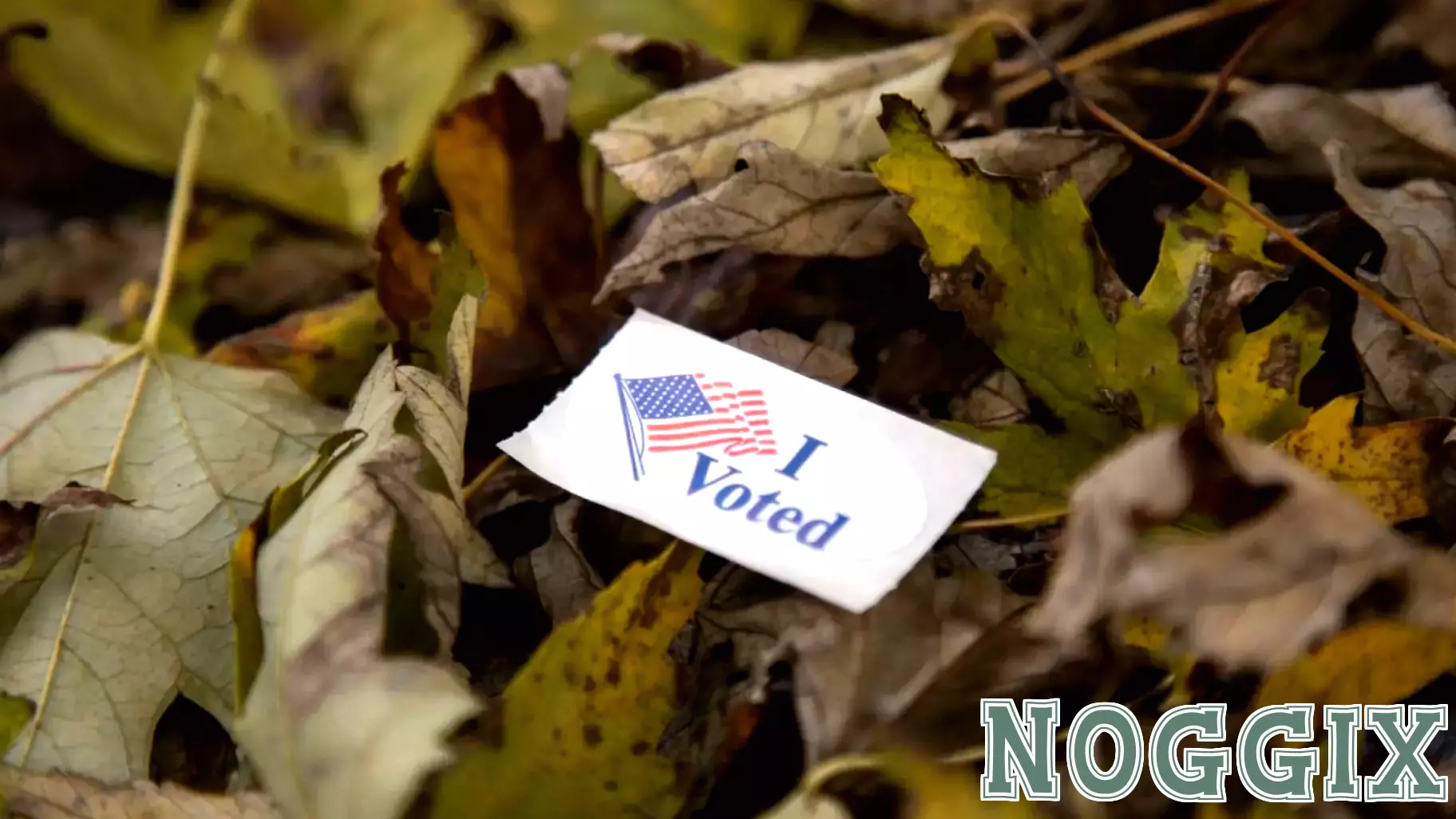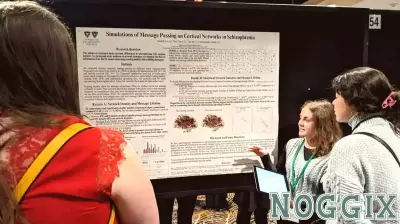December 7, 2024 - 01:05

Marital status significantly influences voting patterns, yet it often goes unnoticed in political analysis. Research indicates that the psychological dynamics of partisanship vary considerably between married individuals and single voters. For instance, married men tend to align more closely with conservative ideologies, while single women often lean toward progressive values.
This divergence in political alignment can be attributed to various factors, including social networks, economic stability, and family responsibilities. Married individuals may prioritize issues like tax benefits or family-oriented policies, whereas single voters might focus on social justice and equality.
Moreover, the influence of marital status extends beyond just personal beliefs; it shapes voting turnout and engagement levels. Married voters are generally more likely to participate in elections, driven by a sense of responsibility to their families and communities. Understanding these dynamics is crucial for political campaigns aiming to connect with diverse voter demographics and tailor their strategies accordingly.



